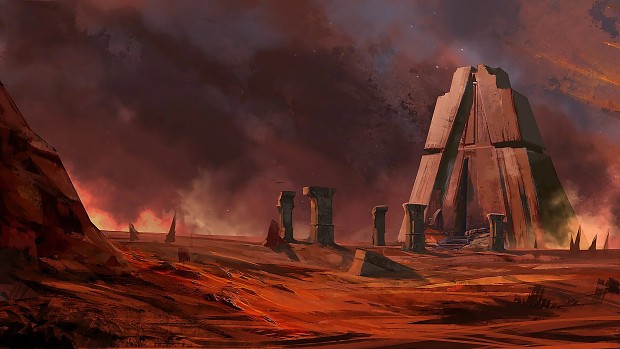A group dedicated to learning, teaching, transmitting the dark side of the force. We wish to reach apotheosis and acquire infinite power in the world, and whatever is required to grant that inner, personal, and political power. Our main books of inspiration is The Way of the Sith, and The Way of the Sith Part 2: World Mastery by Edwin Ferreira and The Grand Book of the Sith, as well as fictional works.
Sith habits include void meditation, breathwork, reflection, active ritual work like shadow work, inner path of destruction, and Sith challenges, work on your self by recognising the four elements of growth; knowledge, wisdom, power, and illumination. And finally inner work of reflection includes recognising your strengths and working on your weaknesses, realizing a sense of self-love. Sith knowledge is learning about what grants you benefits like cultural benefits, educational benefits, protection, and order, or other Sith benefits like learning about real human nature, real wisdom which covers techniques, habits, and rituals, harnessing the power of your will is discovering your aspirations, vision, and values, and illumination which is breaking the cycle of being manipulated or controlled by others for meagre benefits or if you think it gets in your way without long-term benefits which all four will be covered in later books. Knowledge, wisdom, and real power may come from study, instruct, and experience, and the real ways of obtaining knowledge and growth. Thinking skills come in four types which include analytical thinking, divergent thinking, critical thinking, and creative thinking. Logic on the other hand is reflection and objective reasoning.
Some people have asked about tools, what are mental tools? They can be summed up in three categories; mental exercises or routines, breathing, and emotions, and the point of mental tools is a shortcut to reasoning, helping you to think about the topic and provides mental power. The mental tools I recommend is pranayama to learn emotional self-control.
More about daily discipline here: Reddit.com






